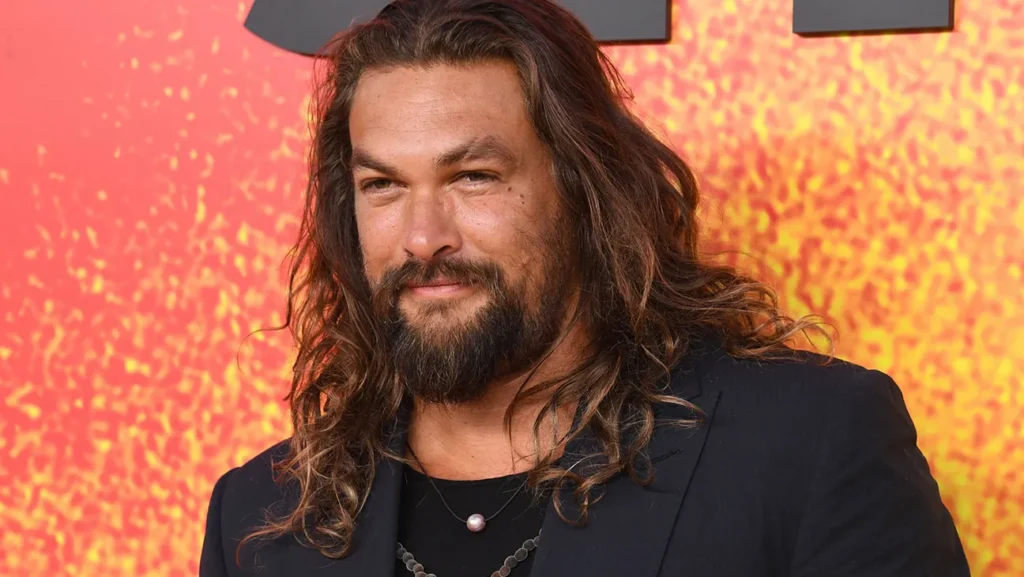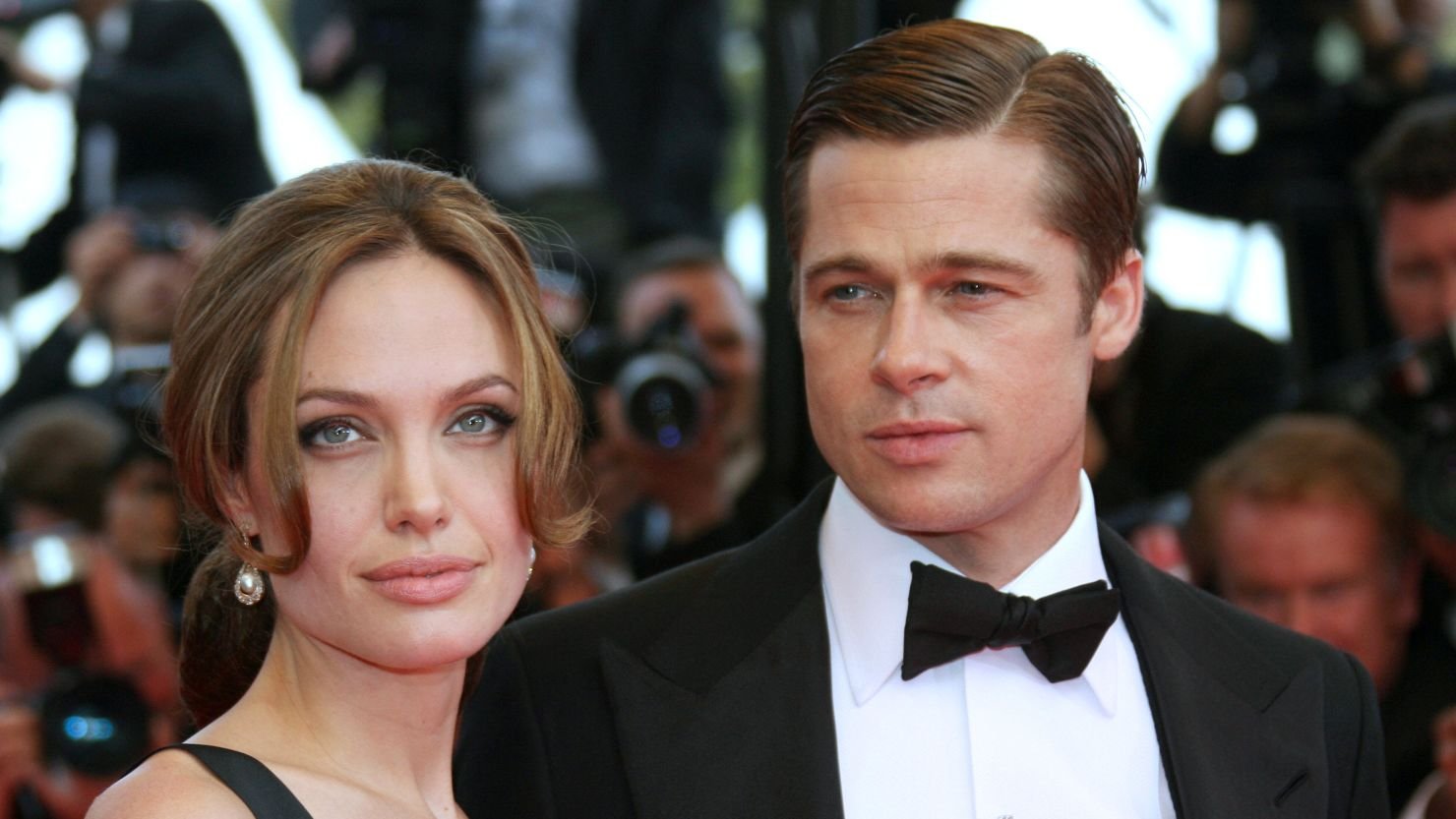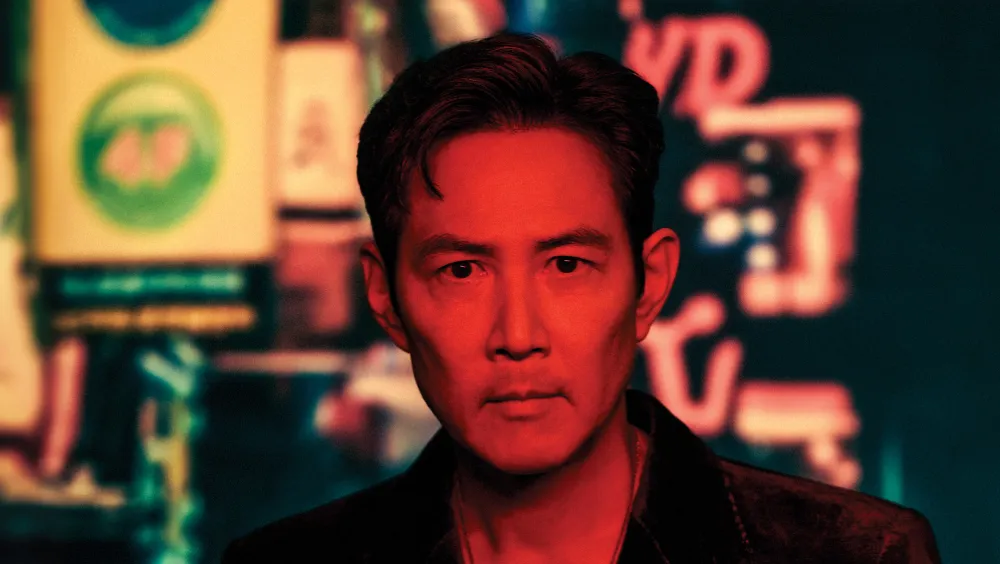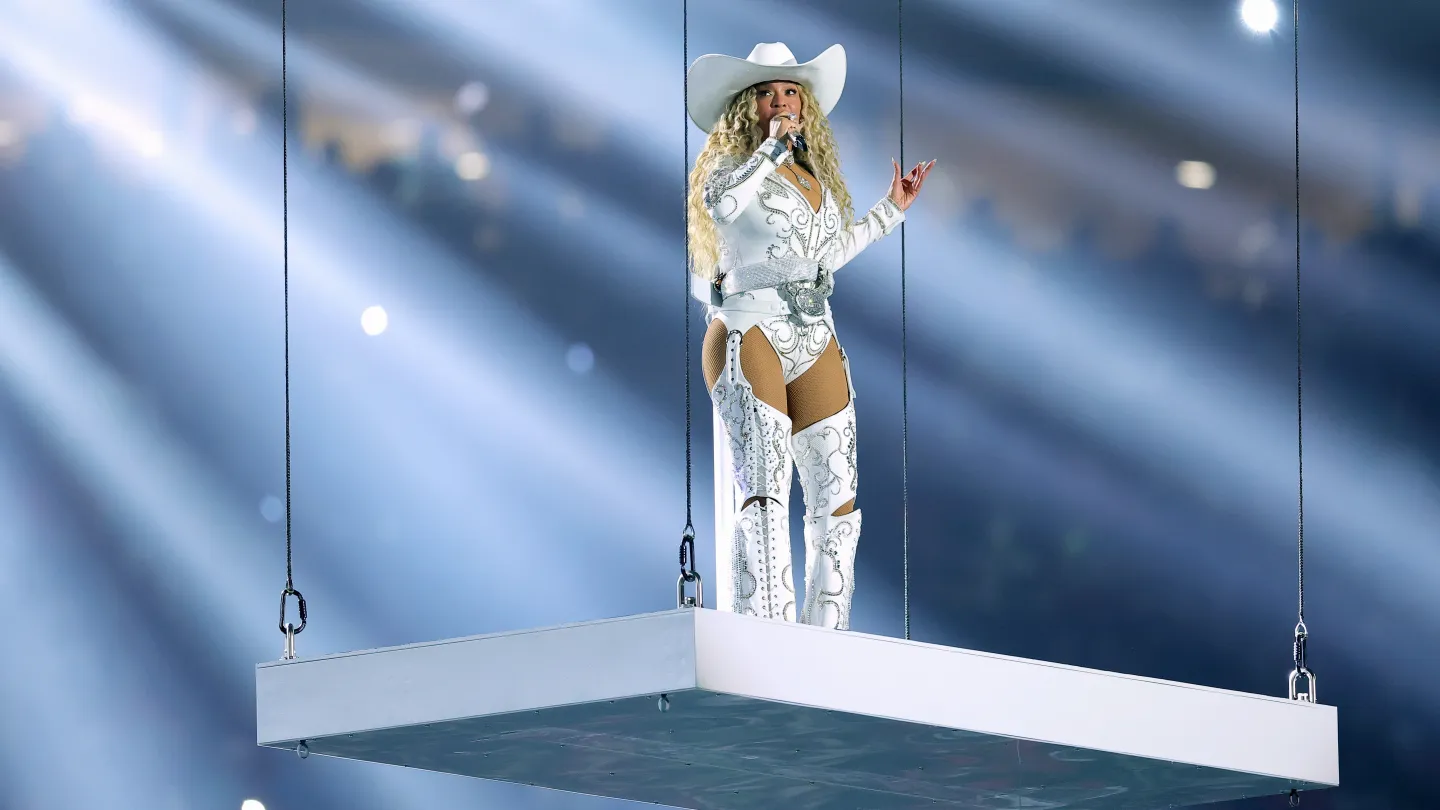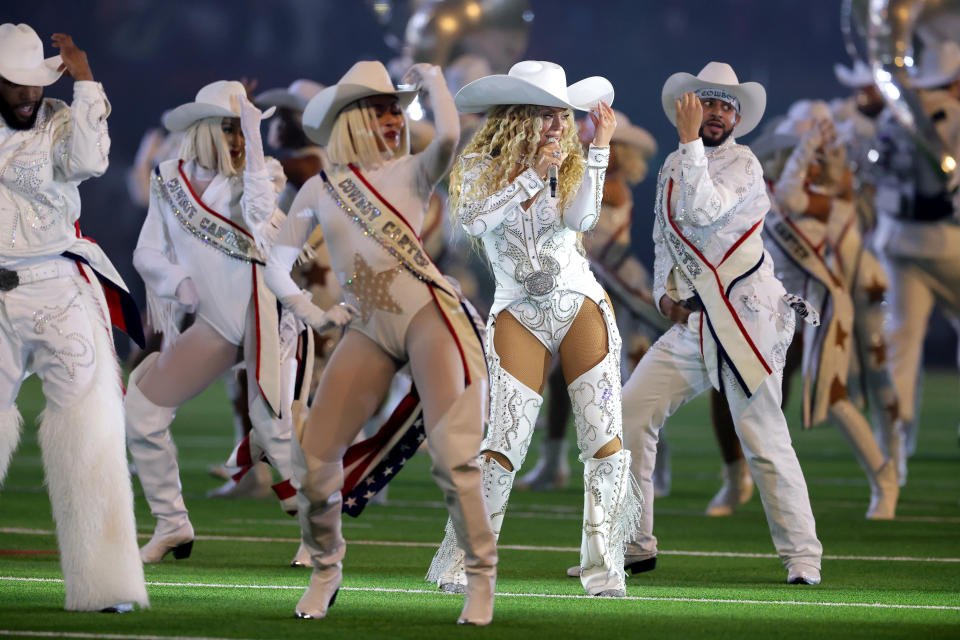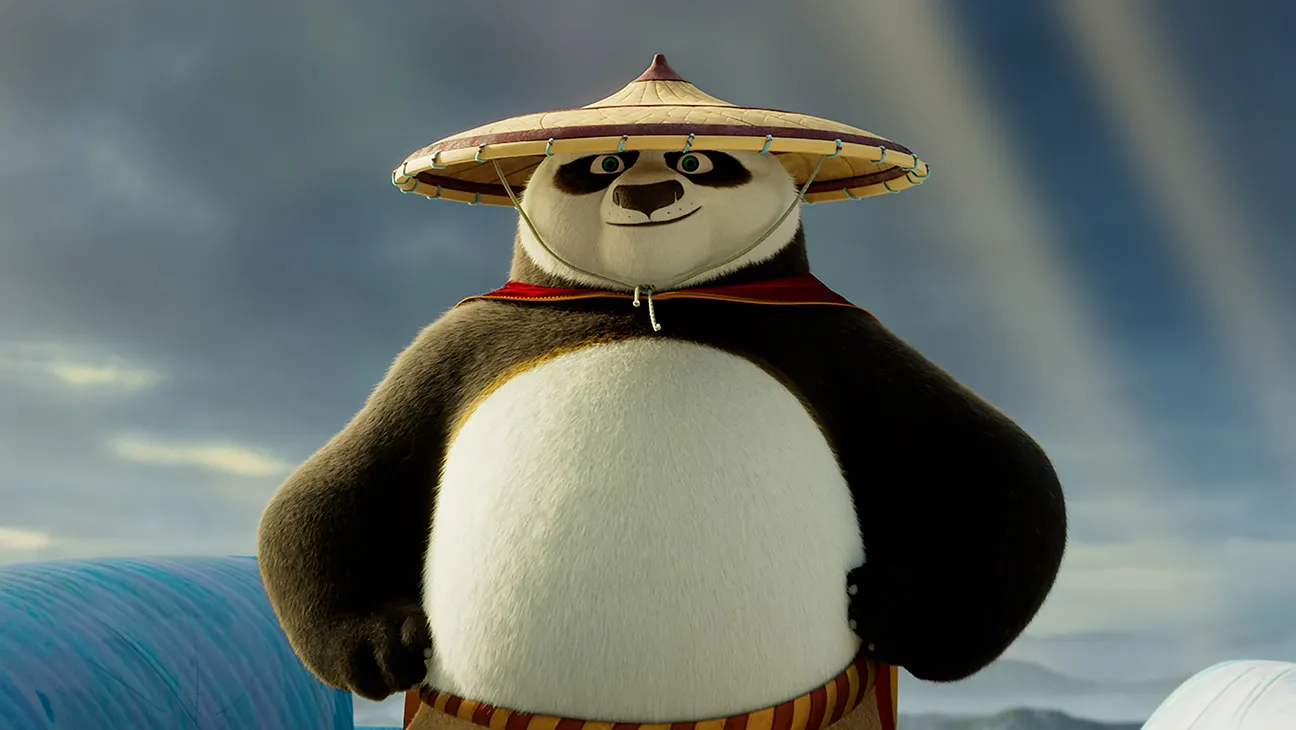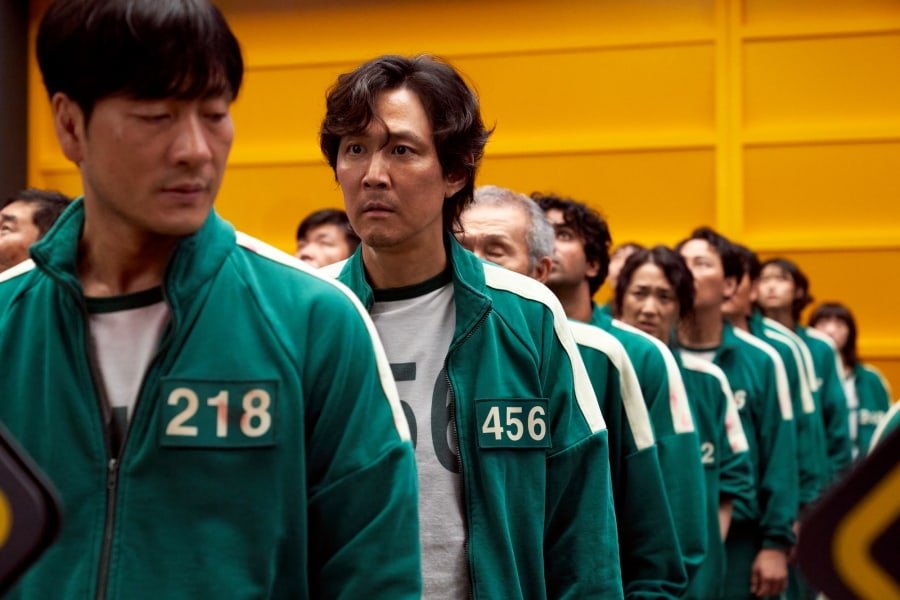When Squid Game first aired on Netflix, its story of desperate, debt-ridden people fighting for survival in a deadly, childlike game of competition became an instant cultural phenomenon. With its disturbing imagery, clever social commentary, and high-stakes tension, it quickly became the most popular series on Netflix. In season two, the show returns with darker themes and a heightened sense of urgency, blending elements of personal struggles with worldwide political divides. Creator Hwang Dong-hyuk, who drew from personal experiences and global issues, opens up about what fans can expect from this new season that promises to be as socially poignant as it is thrilling.
The Divide: Red vs. Blue, A Global Metaphor
In Squid Game season two, Hwang continues to explore themes of social division. “I wanted to highlight the theme of taking sides,” he explains, standing in the giant dormitory set where players gather. A new addition to this set features a giant blue “O” and red “X” that represent two opposing factions of players. This visual cue mirrors the ongoing global divide, symbolizing two groups marked by stark ideological differences.
This division is not just a symbolic aesthetic but plays a critical role in the structure of season two. Unlike season one, where players could vote to end the game, this time the vote to continue is mandatory after every round. Players are separated into two camps: one side believes they are the ones who deserve the money and victory, while the other side insists that the game must end to prevent more suffering. The split echoes the divide in many parts of the world, from generational conflict in Korea to the bitter polarization in places like the United States. This is Hwang’s way of asking a fundamental question: “Is the majority always right?”
“We live in a democratic society, and everyone has their own right to vote, but the dominant side rules,” Hwang explains. “So I wanted to pose the question: Is the majority always right?” This question is particularly relevant in today’s political landscape, where division is rampant and multiple perspectives often lead to bitter conflict rather than constructive dialogue. The underlying tension between individual and collective rights runs through the entire series, offering viewers a sobering critique of societal polarization.
A Dystopian Echo of Real-World Fissures
The relevance of Squid Game season two to contemporary issues is undeniable. Hwang is keenly aware that the show will be released at a time when the world is facing unprecedented political and social divisions. The series is dropping around the same time as the U.S. presidential election, which Hwang calls “the ultimate O-X event.” This timing is not coincidental, as the show seeks to draw parallels between the brutal battles on-screen and the real-world conflicts driven by issues like class, race, and wealth inequality.
“There’s no room for debate, only hostility,” Hwang says, pointing out how societies, including Korea, are divided along generational lines, with younger generations clashing with older ones over the direction of the nation. Squid Game is not just a survival drama; it’s a reflection of the increasingly dangerous and polarized nature of contemporary political and social discourse. The games in the show serve as a metaphor for real-world battles for power, resources, and survival, amplifying the stakes for the players.
Gi-hun’s Transformation: From Survivor to Savior
Season two picks up right where season one left off, with Gi-hun, the sole survivor of the first deadly game, preparing to reunite with his estranged daughter in America. However, instead of boarding the plane, he has a change of heart. Unable to live with the knowledge that the sadistic competition continues, Gi-hun’s journey becomes one of conscience and redemption. Hwang draws a clear parallel to the famous red and blue pill choice in The Matrix, where Gi-hun, like Neo, chooses awareness over ignorance, embarking on a mission to stop the games.
Lee Jung-jae, who plays Gi-hun, notes that the character’s evolution in season two was carefully considered. Gi-hun’s shift from an idealistic underachiever to a grim, mission-driven man is explored in depth. “One word that was top of mind for me while shooting season two was ‘conscience,’” Lee says. He continues, “It’s not something that’s absolute, but to call ourselves human, we have to be true to our conscience, and when we are not, we have to be able to feel shame.” This moral struggle will be central to Gi-hun’s character arc in season two, as he confronts his past choices and their consequences.
Returning Faces and New Additions
While Gi-hun is the only returning protagonist from season one, several key figures make a return. Front Man (Lee Byung-hun), the enigmatic leader of the game, is back, along with Jun-ho (Wi Ha-joon), the police detective who uncovered the Front Man’s true identity. Gong Yoo, who played the mysterious recruiter in season one, will also return in season two, though his role is expected to be expanded as the show delves deeper into the shadowy world behind the games.
However, most of the new season’s ensemble is comprised of fresh faces. One standout is Jo Yu-ri, a former K-pop star who plays a young woman caught in the game alongside her ex-boyfriend. This storyline reflects Hwang’s interest in exploring the younger generation’s economic struggles, especially after the cryptocurrency boom and the resulting debt crisis that affected many young people during the pandemic. The show will also introduce new players with personal backstories that intersect in unexpected ways, creating more intrigue and tension for both the characters and the audience.
Global Success and the Pressure to Deliver
The success of Squid Game season one was overwhelming, leading to increased expectations for season two. Netflix, which initially had modest projections for the first season, has invested significantly in the second season, offering Hwang more creative freedom and a larger budget. “In season one, we had to tweak the idea because of budget limitations,” Hwang recalls. “But this time, I was able to fully realize my creative vision.”
This higher budget allowed Hwang to create even more elaborate sets and incorporate CGI, offering an even more immersive and visually stunning experience for viewers. However, with greater resources came greater pressure. Hwang admits to having “nightmares” about the production process, fearing that the second season might not live up to the expectations set by its predecessor. Despite the anxiety, Hwang is determined to continue challenging himself creatively. “Comfort zone will kill you,” he says, referencing his personal motto, which encourages him to push boundaries and explore new territory.
The Cultural Impact of Squid Game
Squid Game has not only become a global pop culture phenomenon but has also placed Korean entertainment at the forefront of the international stage. Following in the footsteps of Parasite and BTS, the show has played a key role in the mainstreaming of Hallyu, the Korean Wave. The success of Squid Game is proof that compelling stories can come from anywhere and resonate with people worldwide.
As Hwang reflects on the massive success of the show, he acknowledges that the series has surpassed his initial expectations. Despite the immense pressure to deliver a follow-up that meets fans’ expectations, Hwang remains grounded in his belief that Squid Game’s greatest strength lies in its ability to provoke thought and spark conversations about the world we live in. The success of Squid Game has proven that good storytelling can transcend borders and language barriers, opening doors for more international projects to gain global recognition.
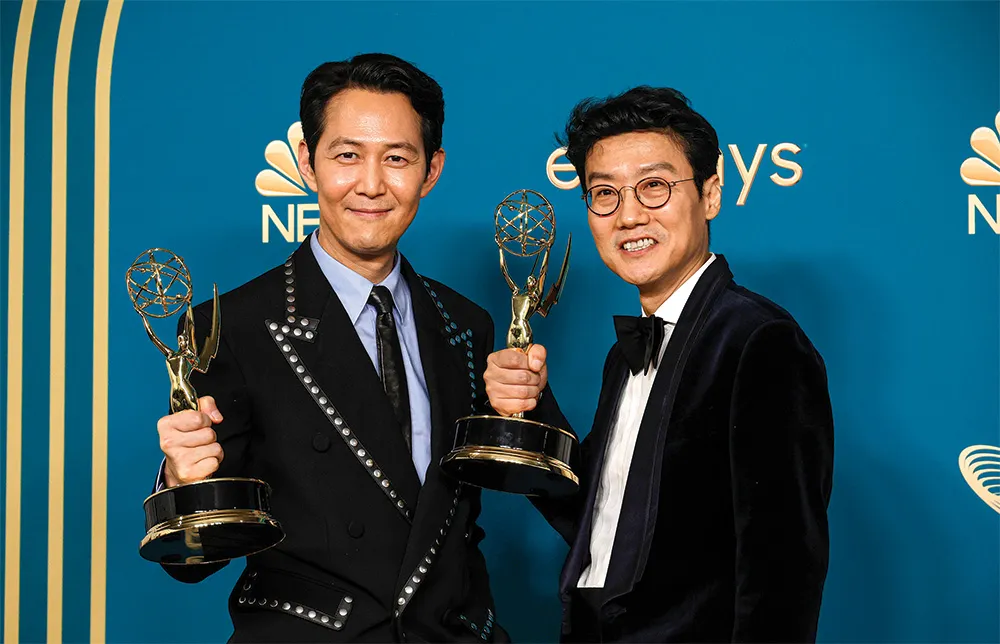
A Show with a Darker, Urgent Message
Season two of Squid Game promises to be even darker and more relevant than the first, pushing viewers to question the very systems that drive human behavior. The themes of survival, morality, and societal division resonate deeply in today’s fractured world, where inequality and polarization continue to shape global discourse. Hwang Dong-hyuk’s vision for the series is a reflection of his personal struggles, his observations of the world around him, and his commitment to creating a series that is both entertaining and thought-provoking. Whether Squid Game season two will surpass its predecessor or struggle under the weight of its own success remains to be seen, but one thing is certain: the game is far from over.


 Health4 years ago
Health4 years ago
 Health2 years ago
Health2 years ago
 Health3 years ago
Health3 years ago
 Fashion4 years ago
Fashion4 years ago
 Fashion3 years ago
Fashion3 years ago
 Health3 years ago
Health3 years ago
 Health3 years ago
Health3 years ago
 Health3 years ago
Health3 years ago
 Health4 years ago
Health4 years ago
 Health4 years ago
Health4 years ago






